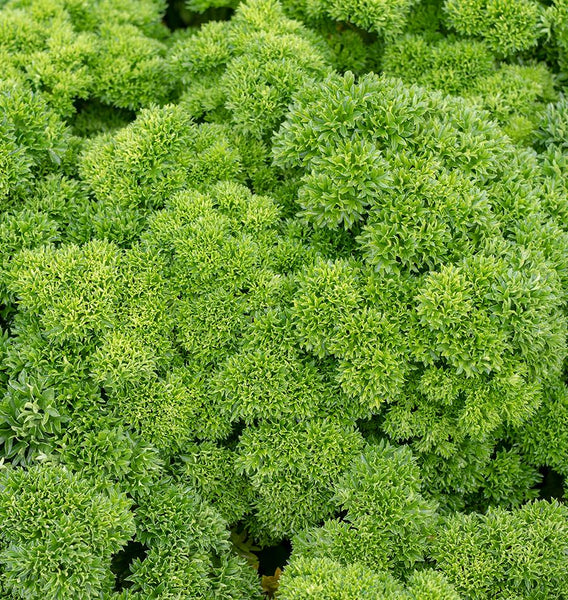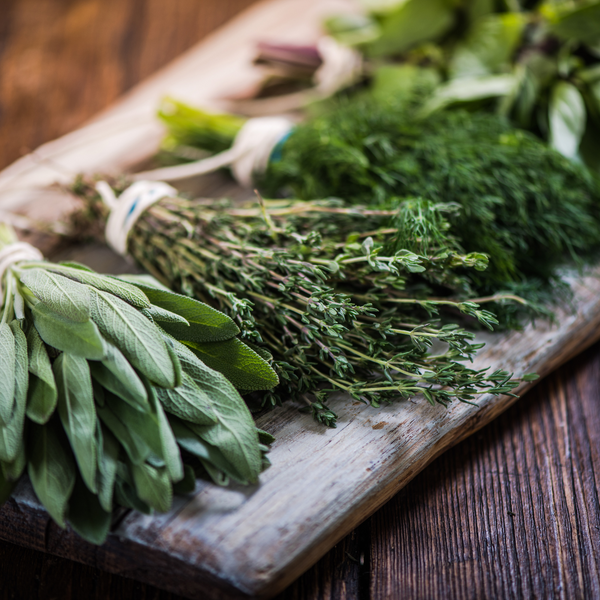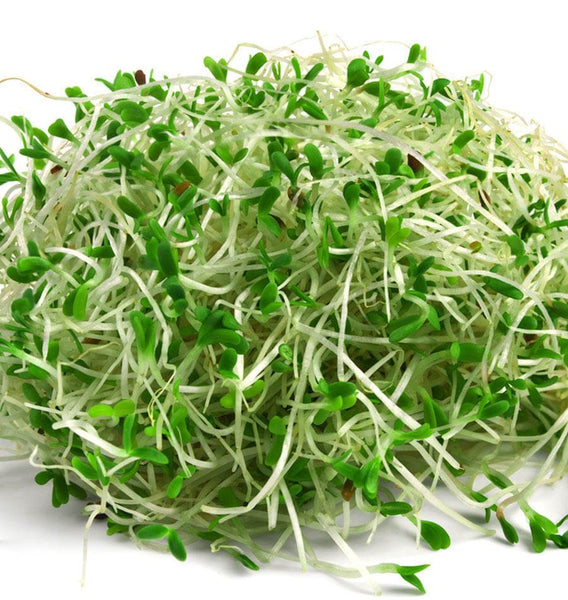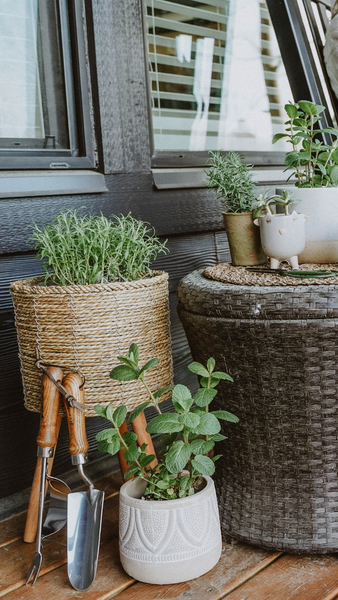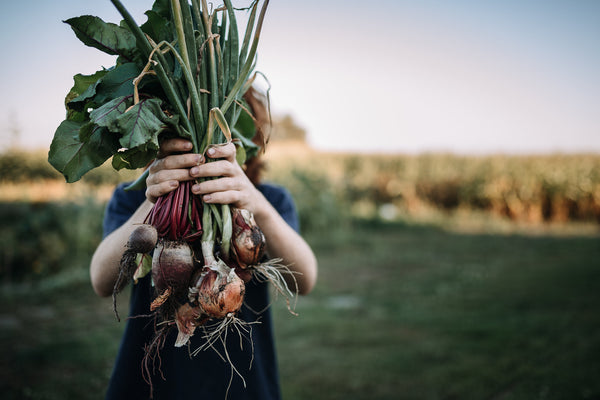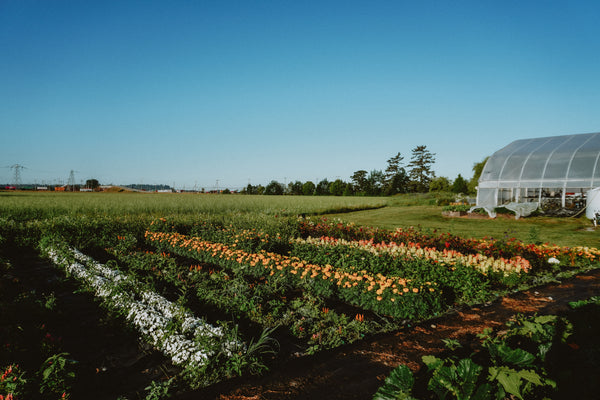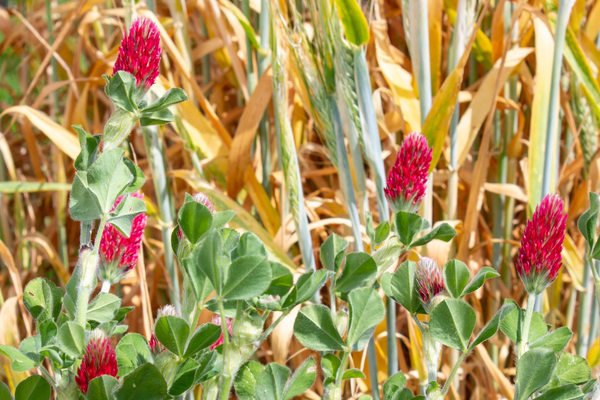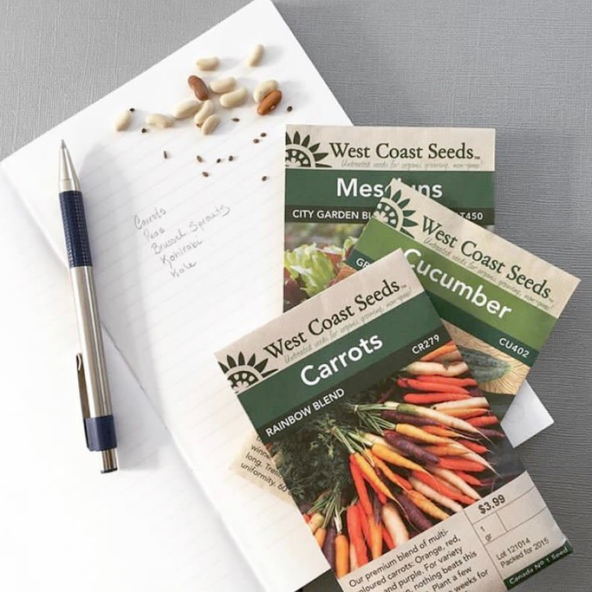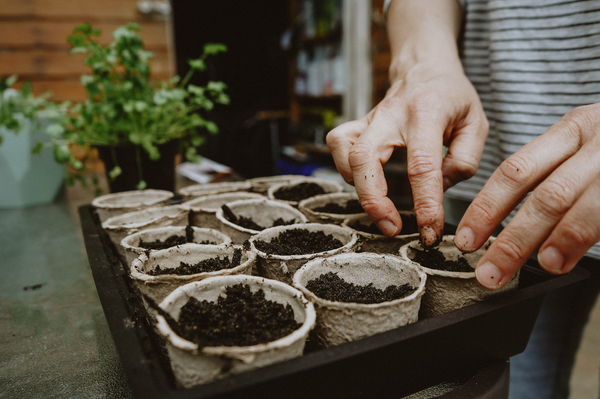West Coast Seeds ships anywhere in North America. However, we are not able to ship garlic, potatoes, asparagus crowns, bulbs, onion sets, Mason bee cocoons, or nematodes outside of Canada. We regret, we cannot accept returns or damages for orders outside of Canada. The minimum shipping charge to the US is $9.99.
🚚 Free Expedited Shipping on Orders $99 and Above. Learn More
Support Food Banks Canada with every dollar spent — 15% sales donated from Black Friday to Cyber Monday.
Time remaining:
Time remaining:
Vegetables
Flowers
Herbs
Indoor & Speciality
Supplies
Farming
Lawn Solutions
Seasonal
WCS Academy
About Us
Close
- Shop All Vegetables
- New for 2025
- Organic Vegetables
- Amaranth Seeds
- Artichoke Seeds
- Arugula Seeds
- Asparagus Crowns
- Asparagus Seeds
- Bean Seeds
- Beet Seeds
- Broccoli Seeds
- Broccoli Raab Seeds
- Brussels Sprouts Seeds
- Cabbage Seeds
- Carrot Seeds
- Cauliflower Seeds
- Celery & Celariac Seeds
- Chicory Seeds
- Collards Seeds
- Corn Seeds
- Corn Salad Seeds
- Cover Crops Seeds
- Cress Seeds
- Cucumber Seeds
- Eggplant Seeds
- Endive Seeds
- Fennel Seeds
- Fruit Seeds
- Gai Lan Seeds
- Hops Rhizomes
- Kale Seeds
- Kohlrabi Seeds
- Leek Seeds
- Lettuce Seeds
- Melon Seeds
- Microgreens Seeds
- Mustards & Asian Greens
- New Zealand Spinach
- Okra Seeds
- Onion Seeds
- Onion Sets
- Pac Choi Seeds
- Parsnip Seeds
- Pea Seeds
- Pepper Seeds
- Potato Seeds
- Pumpkin Seeds
- Radish Seeds
- Rhubarb Seeds
- Rutabaga Seeds
- Salad Mix Seeds
- Seed Garlic
- Seed Potatoes
- Sesame Seeds
- Spinach Seeds
- Sprouting Seeds
- Squash Seeds
- Swiss Chard Seeds
- Tomatillo Seeds
- Tomato Seeds
- Turnip Seeds
- Wild Greens Seeds
Close
- Shop All Flowers
- New for 2025
- Organic Flowers
- African Violet Seeds
- Agastache Seeds
- Allium Seeds
- Alyssum Seeds
- Ammi Seeds
- Aster Seeds
- Aurinia Seeds
- Calendula Seeds
- California Poppy Seeds
- Campanula Seeds
- Celosia Seeds
- Cerinthe Seeds
- Clarkia Seeds
- Cleome Seeds
- Collinsia Seeds
- Columbine Seeds
- Coreopsis Seeds
- Cornflower Seeds
- Cosmos Seeds
- Cynoglossum Seeds
- Daisy Seeds
- Delphinium Seeds
- Dianthus Seeds
- Didiscus Seeds
- Echinacea Seeds
- Eryngium Seeds
- Eucalyptus Seeds
- Flax Seeds
- Foxglove Seeds
- Gaillardia Seeds
- Gilia Seeds
- Goji Berry Seeds
- Gomphrena Seeds
- Gypsophila Seeds
- Hollyhocks Seeds
- Iberis Seeds
- Lavatera Seeds
- Lobelia Seeds
- Lunaria Seeds
- Lupin Seeds
- Marigold Seeds
- Milkweed Seeds
- Morning Glory Seeds
- Nasturtium Seeds
- Native Flower Seeds
- Nemophila Seeds
- Nepeta Seeds
- Nicotiana Seeds
- Nigella Seeds
- Oenothera Seeds
- Ornamental Grass Seeds
- Ornamental Kale Seeds
- Pansies & Viola Seeds
- Phacelia Seeds
- Phlox Seeds
- Physalis Seeds
- Poppy Seeds
- Prunella Seeds
- Rudbeckia Seeds
- Salvia Seeds
- Saponaria Seeds
- Scabiosa Seeds
- Sisyrinchium Seeds
- Snapdragon Seeds
- Statice Seeds
- Strawberry Seeds
- Strawflower Seeds
- Stock Seeds
- Sunflower Seeds
- Sweet Pea Seeds
- Tithonia Seeds
- Wildflower Seeds
- Yarrow Seeds
- Zinnia Seeds
Close
- Shop All Herbs
- Organic Herbs
- Basil Seeds
- Bergamot Seeds
- Borage Seeds
- Caraway Seeds
- Catnip Seeds
- Chamomile Seeds
- Chervil Seeds
- Chive Seeds
- Cilantro Seeds
- Comfrey Seeds
- Cumin Seeds
- Dill Seeds
- Epazote Seeds
- Lavender Seeds
- Lemongrass Seeds
- Lemon Balm Seeds
- Liquorice Seeds
- Lovage Seeds
- Marjoram Seeds
- Mexican Tarragon Seeds
- Mint Seeds
- Oregano Seeds
- Parsley Seeds
- Rosemary Seeds
- Sage Seeds
- Savory Seeds
- Shiso Seeds
- Stevia Seeds
- Stinging Nettle Seeds
- Thyme Seeds
- All Microgreens Seeds
- Microgreen Pea Shoots
- Microgreen Sunflower Seeds
- Microgreen Broccoli Organic
- Microgreen Arugula Seeds
- Microgreen Kale Seeds
- Microgreen Beet Seeds
- Two Week Microgreen Seeds
- Three Week Microgreen Seeds
- Microgreen Pac Choi Seeds
- Microgreen Swiss Chard Seeds
- Microgreen Amaranth Seeds
- Microgreen Radish Certified Organic
- Microgreen Mustard Seeds
- Microgreen Kohlrabi Seeds
- Micro Fenugreek Organic
- Microgreen Basil Organic
- All Sprouting
- Alfalfa Sprouting Seeds Organic
- Broccoli Organic
- Wheatgrass Organic
- Mung Beans Organic
- Sandwich Booster Mix Organic
- Red Clover Organic
- Stainless Steel Sprouting Screen (1)
- Salad Sprouting Seeds Organic
- Fantastic Four Sprouting Collection
- Green Peas Organic
- Radish Organic
- Plastic Sprouting Screen/Lid
- Go Go Sprouting Seeds Organic
- Yellow Mustard Organic
- Fenugreek Organic
- Brown Mustard Organic
- Deluxe Sprouting Seeds Blend Organic
- Sprouting Jar with Metal Lid and Seeds
- Gourmet Sprouting Seeds Organic
- Green Lentils Organic
- Bean Salad Organic
- Barley Organic
- Sprouting Jar with Plastic Lid and Seeds
- Stainless Steel Sprouting Ring
- Adzuki Beans Organic
- Green Hunter Organic
- Stainless Steel Sprouting Screen and Ring
- Easy Sprout
- Care Bags
- Tea Garden Collection
- Medicinal Herbs and Flowers Collection
- Edible Flower Collection
- Cocktail Garden Collection
- Pollinator Paradise
- Hummingbird Collection
- Bee Garden Collection
- Butterfly Collection
- Beneficial Insect Collection
- Native Plants of British Columbia
- Native Plants of Ontario
- Native Plants of Quebec
- Native Plants of the Maritimes
- Native Plants of the Prairies
- Drought Tolerant Collection
- Cut Flower Collection
- Dried Flower Collection
- Fragrant Collection
- Bird Garden Collection
- Textile and Dye Collection
- Dark and Moody Collection
- Ground Cover Collection
- Part Shade Food Garden
- Chinese Vegetables Collection
- Japanese Collection
- Mexican Collection
- Salsa Garden
Close
- Shop All Supplies
- Bird Seeds & Feeders
- Composting Tools
- Container Gardening
- Crop Protection
- Fertilizers
- Garden Wear
- Gifts and Essentials
- Hand Tools
- Harvest Tools
- Lighting
- Mason Bees
- Mulches
- Pest Controls
- Plant Labels
- Plant Supports
- Seed Sowing Tools
- Seeds Trays, Covers & Plugs
- Soil Amendments
- Soil Blockers
- Soil Testing
- Sprouting Equipment
- Watering
